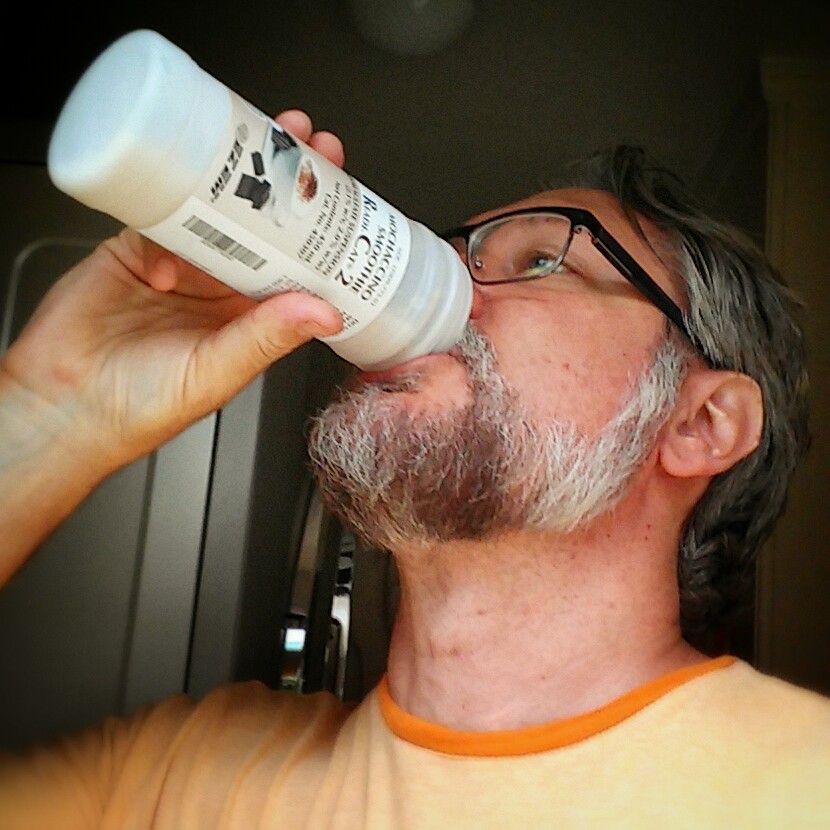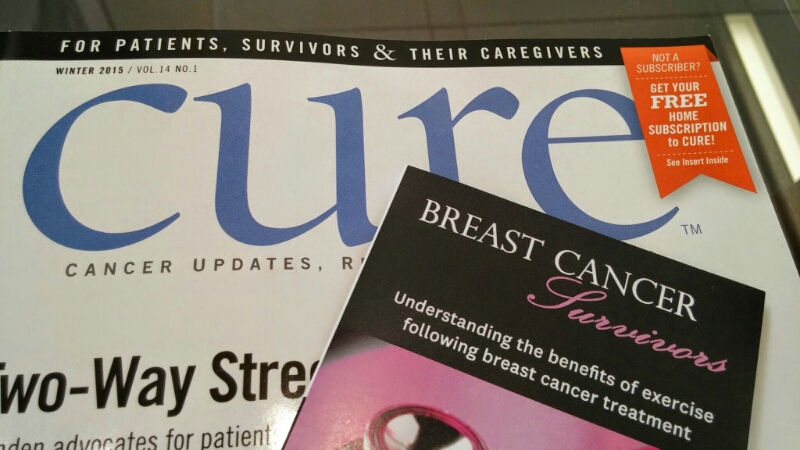In this age of social media, some people might question why I kept quiet about my cancer treatment for as long as I did. There were some very simple reasons for me — in spite of the fact that I was writing a blog about it the whole time. (If you are learning about my experience for the first time, that link is a good place to start reading after you are done here.) Essentially, however, I wanted to keep my personal life separate from what I felt might otherwise define me in the eyes of others. This was a short-term issue, I realized, because at some point the nature of living with an inoperable cancer is that it does define much of a patient’s life, regardless of how much one might prefer otherwise. So I decided to try the slow roll out of information and, to be quite honest, it has served me well (and I also think it has been good for many of the people in my life, too).
When I received my initial diagnosis, there were certain people, mainly family members, who already knew that I had some health issues that were being investigated. In addition to my immediate family, there were also my employers and maybe one or two other people who had to be in the loop, and I knew I would tell these people right away when I had all the information.
As part of my research, before I had any solid diagnosis, I had already gone through pretty much every possible scenario in my head and followed up online to gather information on what any potential diagnosis would mean. Along the way, I also discovered that
Continue reading Why I Kept My Cancer Private →

